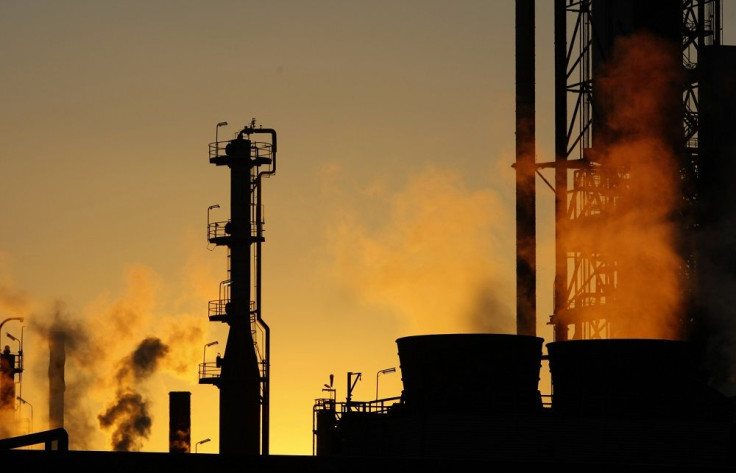In spite of top rank for water and sanitation, Australia drops to 13th place in Yale’s 2016 Environmental Performance Index

In the 2016 Environmental Performance Index, released on Wednesday by Yale University, Australia slipped by 10 spots to the 13th place. Although the country was number 1 for water and sanitation, it was in 150th place for carbon emissions for electricity generation.
In the area of exposure to environment risks, Australia was in the middle ranks for biodiversity, agriculture and forestry, reports the Sydney Morning Herald. Yale, which releases the report every two years, points out that it is Australia’s worst performance, and notes only Saudi Arabia – among rich countries – ranked lower than Australia for the last 10 years to 2012.
The country’s poor performance when it comes to the climate and energy category was caused by a substantial increase by 3.6 million tonnes in 2015 of greenhouse gases from Australia’s power sector. It appears the jump in greenhouse gases, up by 5.1 percent compared to June 2014, is linked to the decision then of the federal government, led by Tony Abbott, to repeal the carbon tax law passed during the term of former Prime Minister Julia Gillard.
Uncertainty in the large-scale renewable energy sector, caused by the changes in government with different policies, has caused investor confidence to decline, according to another report.
Environment Minister Greg Hunt, who has yet to issue a statement, previously described the international survey as the most credible and scientifically based analysis in the world. The survey benchmarks 180 countries according to their economic peers.
Even though Australia is now led by Malcolm Turnbull, he still belongs to Abbott’s coalition which Mark Butler, shadow environment minister of Labor, accused of “taking Australia backwards at a shocking pace.” He notes that every country improved its index score in the last 10 years, except for Australia which Butler points out lacks a realistic mechanism to achieve its pledge in the Paris climate agreement to reduce by 26 to 28 percent by 2030 to 2005-level emissions.
Australia got an overall score of 87.22 out of 100 in the index. Nevertheless, it still showed a +21.75 percent improvement over a decade, contrary to Butler’s claim. Australia got 100 for water and sanitation and health impacts, 97.88 for water resources and 96.13 for air quality. But it got low scores of 33.92 for forests and 39.6 for fisheries.





















